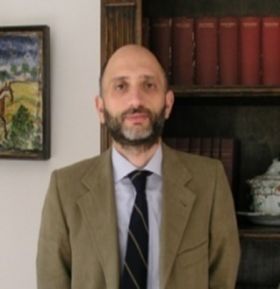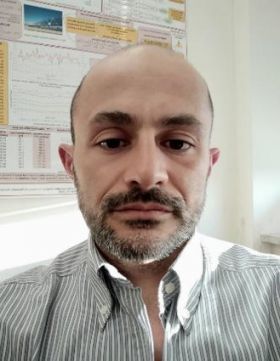Course Overview
Renewable energy sources play a key role in the transition toward a zero-carbon society: by 2050, they are expected to supply more than 2/3 of the global energy demand, strongly contributing to reduce greenhouse gas emissions and limiting the effects of global warming. The MOOC offers an updated and comprehensive overview of renewable energy technologies, from technical and economic perspectives.
Outcomes
At the end of the course, students will be able to:
evaluate the effects that current energy systems based on fossil fuels have over the environment and the advantages of renewable energy sources;
compare different renewable energy technologies and choose the most appropriate based on local conditions;
perform simple energy, environmental and techno-economical assessments of renewable energy systems;
design, at least at a preliminary level, renewable/hybrid energy systems;
discuss how to utilize local energy sources to improve the sustainability of energy-related activities.
describe fundamentals and main characteristics of renewable energy sources and technologies and their differences compared to fossil fuels;
Do you want to know more about the ASSET project and get engaged to it? Sign in the newsletter and community on energytransition.academy. Be part of us.
Certification and Additional Info
CC BY-SA- ND
Course Structure
- Lesson 1 - The energy transition and the role of renewable energy technologies
- Lesson 2 - Solar energy: availability and overview of technologies
- Lesson 3 - Solar thermal systems
- Lesson 4 - Solar power systems
- Lesson 5 - Wind energy
- Lesson 6 - Hydropower
- Lesson 7 - Geothermal energy
- Lesson 8 - Biomass energy
Teacher
Massimo Dentice Accadia
Massimiliano Dentice D’Accadia is the Energy Manager of University of Naples Federico II and member of the Advisory Board of the Department of Industrial Engineering. His fields of interest cover are the thermodynamic and thermoeconomic analysis of Advanced Energy Systems; energy saving in industry and buildings; renewable energy sources (solar energy, geothermal energy, biomass and waste).

Tutor
Maria Vicidomini
Maria Vicidomini is researcher at the University of Naples Federico II. Her research activity has been mainly focused on the development of dynamic simulation models for the energy, exergy, economic and environmental analysis and impact of innovative systems for distributed polygeneration systems, supplied by renewable energy (geothermal, solar, wind energy) and natural gas. Building Integrated Solar Thermal Systems and internal combustion engines for the production of heat, cool and power. Solar heating and cooling systems. Solar desalination systems. Hybrid renewable system based on wind, solar and geothermal energy. Electrical storage. Electric vehicles.

Tutor
Francesco Calise
Francesco Calise is Professor of industrial technical physics at the University of Naples Federico II. His research activity has been mainly focused on the following topics: fuel cells, advanced optimization techniques, solar thermal systems, concentrating photovoltaic/thermal photovoltaic systems, energy saving in buildings, solar heating and cooling, Organic Rankine Cycles, geothermal energy, dynamic simulations of energy systems, renewable Polygeneration systems and many others.




